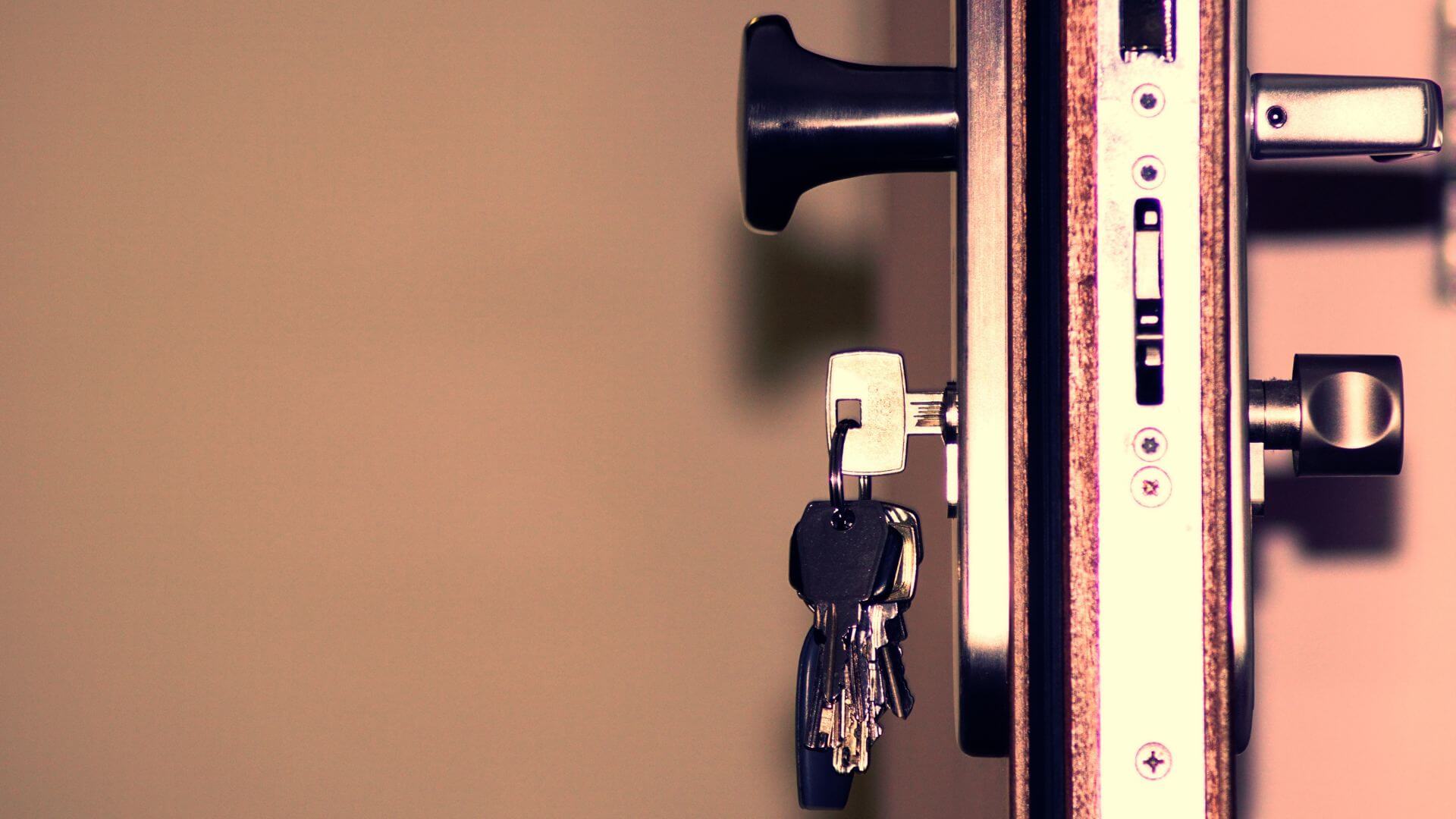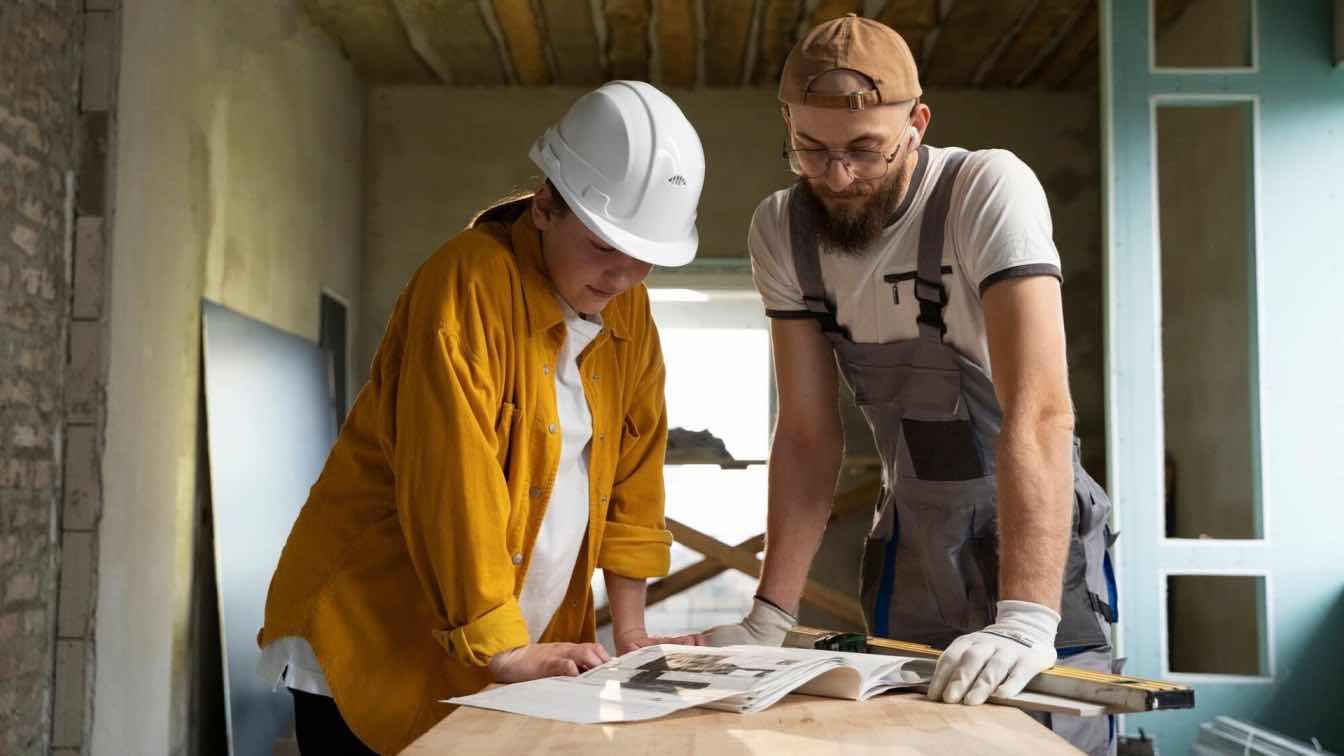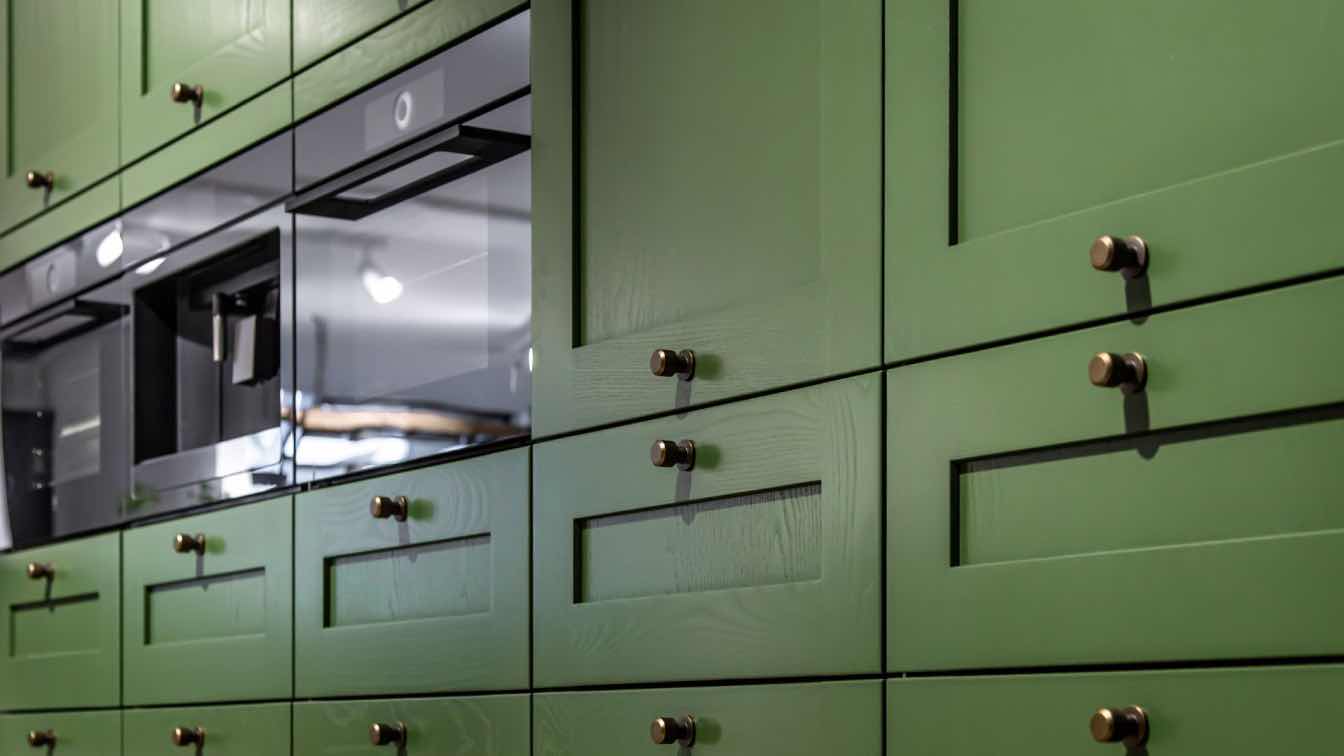There’s no doubt that secure property ownership starts with efficient locks. Whether you’re moving into a new home or simply acting up your home’s security, changing your door locks can be a problem-solver in so many ways.
And as much as copying keys might sometimes seem more convenient in some cases, there are a few convincing reasons to consider changing the entire lock instead. As a homeowner or a landlord, this basic step can help provide peace of mind, as far as protecting one of your most valuable assets is concerned.
Read on to learn more about why you should stop copying keys and change locks instead, alongside a few tips on choosing the right locks for your needs!
Reasons to Avoid Copying Keys
Have you ever had a key copied while out of sight? Copying keys is becoming increasingly common and can open the door to many potential security breaches. For instance, one of the key copies might end up falling into the wrong hands, putting your property and its dwellers at risk of theft and compromising their personal safety.
Besides the possibility of being used for fraudulent and malicious activities, the newly-cut keys are always guaranteed to work. In these cases, it's advisable to skip the copy store and opt instead for changing your locks.
Copying keys every now and then can also be costly in the long run, especially if they fall into the wrong hands and one of the possible repercussions occurs.
The Convenience of Changing Your Locks
At times, you may need to change your locks more frequently than on ordinary occasions. It could be due to lost or stolen keys, the addition of a new family member, or a new tenant on your property, for instance. The best part is that changing locks can give property owners back control over their security systems with little hassle and expense.
Many of today’s locks also come with tons of different key configurations, thus minimizing the risk of copies being made without authorization. And if you’re struggling to remember which key unlocks which door, or simply tired of carrying around a bunch of keys, upgrading to a new lock system, such as a keyless entry, can make your life a lot much easier.
When Should You Change Your Door Locks?
The answer to this will really depend on the situation, but it's generally recommended that property owners consider changing their locks at least every decade, after suspecting that security is compromised, or any time after a major event such as moving into a new home, especially one that was previously owned.
Additionally, situations like changes in personnel or the entry of a new tenant on a rental property might also request a lock change. The same applies when hiring for caretaker/security purposes, replacing locks following lockouts due to lost keys, or replacing locks periodically worn key cylinders or other issues.
All in all, every case is absolutely different, so consider your needs carefully before taking action – and get help from experts if necessary.
Things to Consider When Changing Your Locks
When considering changing your locks, there are a few important things to bear in mind. Some of these include:
- The type of lock you need for your level of security
- Compatibility with existing frames, doors, and entry systems
- Key configuration
- Which brands provide better results at good cost-efficiency ratios?
- Ease of installation
As for the lock type- especially if you’re changing the locks to upgrade your security, magnetic locks can make for a great alternative to most other options. Mostly appropriate for glass doors, these locks are keyless and controlled with access codes or fingerprint recognition. They can be a great way to enhance your property security and protect the dwellers/assets inside.
Also, make sure to conduct research, comparing prices from various vendors before buying your new locks.
By changing your door locks and keeping up with new industry trends, such as magnetics locks, you can experience enhanced protection for your property without compromising convenience or breaking your budget. Lock changes are also a great way to evade the various risks that come with copying keys!





